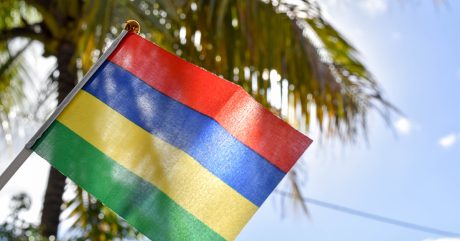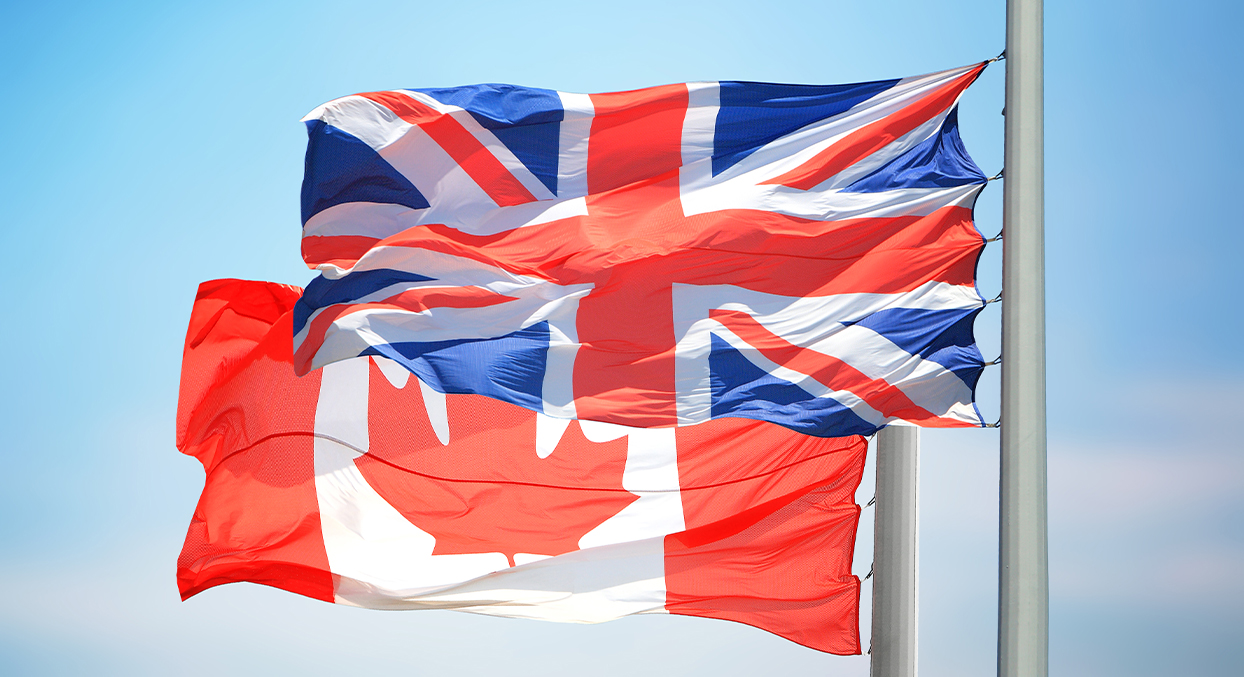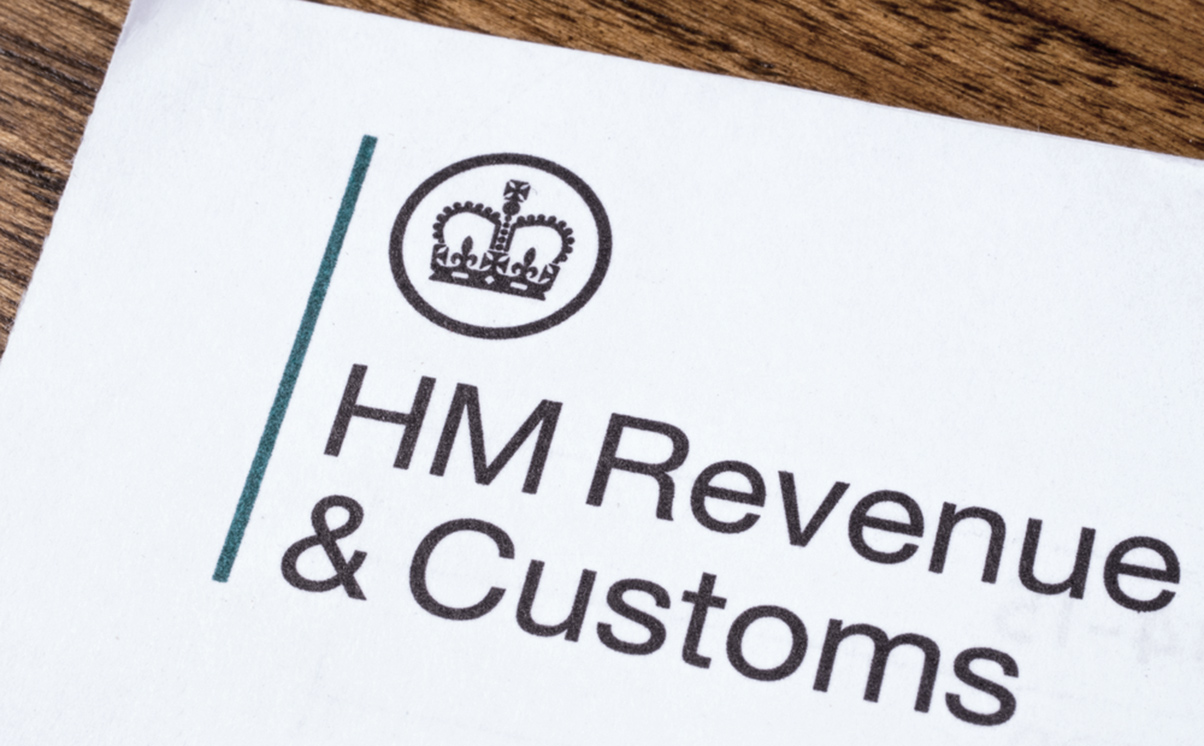Tax Litigation and Resolution partner Matthew Greene and senior associate Anastasia Nourescu review a recent decision of the Privy Council on the VAT treatment of non-refundable fees and its wider implications.
In the case of Blue Lagoon Beach Hotel & Co Ltd v Assessment Review Committee and another [2023] UKPC 24, the Privy Council heard a VAT appeal from the Supreme Court of Mauritius in relation to the interpretation of the Mauritius Value Added Tax Act 1998. The parties agreed that the Mauritian legislation should be construed in accordance with the corresponding provisions in the UK Value Added Tax Act 1994, as the Mauritian act was based on and closely follows the UK act. When conducting such an exercise, the Privy Council must normally take into account any relevant differences between the two pieces of legislation, although in this case, there were none.
Background to the case
The taxpayer was Blue Lagoon Beach Hotel & Co Ltd (“Blue Lagoon”), a Mauritian hotel operator. Blue Lagoon entered into one-year contracts with travel operators, who bought a certain number of nights of accommodation at a specified price, which included VAT. The tour operators then tried to sell the rooms to their clients. If the operators failed to sell all the rooms, Blue Lagoon did not reimburse them the amount paid for any unoccupied rooms.
Blue Lagoon accounted for VAT in respect of payments received from tour operators where a guest stayed at the hotel. However, Blue Lagoon treated any amount received in respect of unoccupied rooms as “special income” on the basis that it was not consideration for a supply of services and did not account for VAT on that amount.
The Mauritius Revenue Authority (“MRA”) disagreed on the basis that there had been a chargeable supply of services and assessed Blue Lagoon to VAT. The Supreme Court of Mauritius agreed with the MRA and upheld the assessments. Blue Lagoon appealed to the Privy Council.
What is the Privy Council?
The Judicial Committee of the Privy Council, often referred to simply as “the Privy Council”, is the court of final appeal for UK overseas territories, Crown dependencies and some Commonwealth countries (including Mauritius).
The origins of the Privy Council can be traced back hundreds of years, but it has existed in its current form since 1833. Its role nowadays is more limited than it once was; at its peak, it was believed to be the court of final appeal for a quarter of the world. However, it still hears appeals from 27 jurisdictions.
The Privy Council’s decision
The Privy Council agreed with the Supreme Court and held that Blue Lagoon had to account for VAT on the full amount received regardless of whether the rooms were occupied.
Blue Lagoon sought to argue that it provided a supply of the room to the guest for which it received third-party consideration from the tour operator; if the guest did not show up, there was no supply to which the consideration could be linked. The Privy Council rejected that argument and held that Blue Lagoon supplied a reservation of the hotel rooms to the tour operators in exchange for a fee, which constituted consideration for that supply.
The Privy Council considered the application of UK and EU case law and how those decisions apply to different fact patterns involving the payment of non-refundable fees. In reaching its decision, it applied the findings of the High Court in Customs and Excise Commissioners v Bass plc [1993] STC 42 and the CJEU in Air France-KLM and Hop!-Brit Air SAS v Ministère des Finances et des Comptes Publics (Joined Cases C-250-14 and C-289-14) (“Air France”), which provide that VAT is chargeable on non-refundable reservation fees that are paid regardless of whether the customer uses the underlying services.
Blue Lagoon relied on the decision in Société thermale d’Eugénie-les-Bains v Ministère de l’Économie, des Finances et de l’Industrie (C-277/05), which is the leading case on deposits. In that case, the Court of Justice of the European Union (CJEU) held that a deposit paid by a guest to a hotel when reserving a room and that was retained if the guest cancelled their reservation was not consideration for a chargeable supply. However, the Privy Council distinguished the CJEU’s judgment as the tour operators, in this case, did not simply pay a deposit; they paid the full fees in exchange for the certainty that the room would be reserved for their clients.
The Privy Council also found that the tripartite nature of the relationship (i.e. between Blue Lagoon, the tour operators and the guests) did not affect the nature of the service, which was clearly supplied by Blue Lagoon to the tour operators rather than the guests.
Why does it matter?
The judgment will be of interest to companies in the hospitality sector, many of whom operate in a similar way to Blue Lagoon. It will also be relevant more broadly to any taxpayers who take non-refundable fees in exchange for supplies of services.
Although the case relates to Mauritian VAT law, the UK VAT legislation is similar in this area, and the same considerations apply.
HMRC amended its policy in Revenue and Customs Brief 13 (2018) to state that, in light of recent EU case law, including Air France, it considers VAT to be due on retained payments for unused services and uncollected goods. However, the Privy Council’s analysis of the case law makes it clear that different fact patterns may lead to different VAT treatments. This potentially allows for a different outcome depending on the particular contractual arrangements.
You can find further information regarding our expertise, experience and team on our Tax Litigation and Resolution page.
If you require assistance from our team, please contact us.
Subscribe – In order to receive our news straight to your inbox, subscribe here. Our newsletters are sent no more than once a month.






